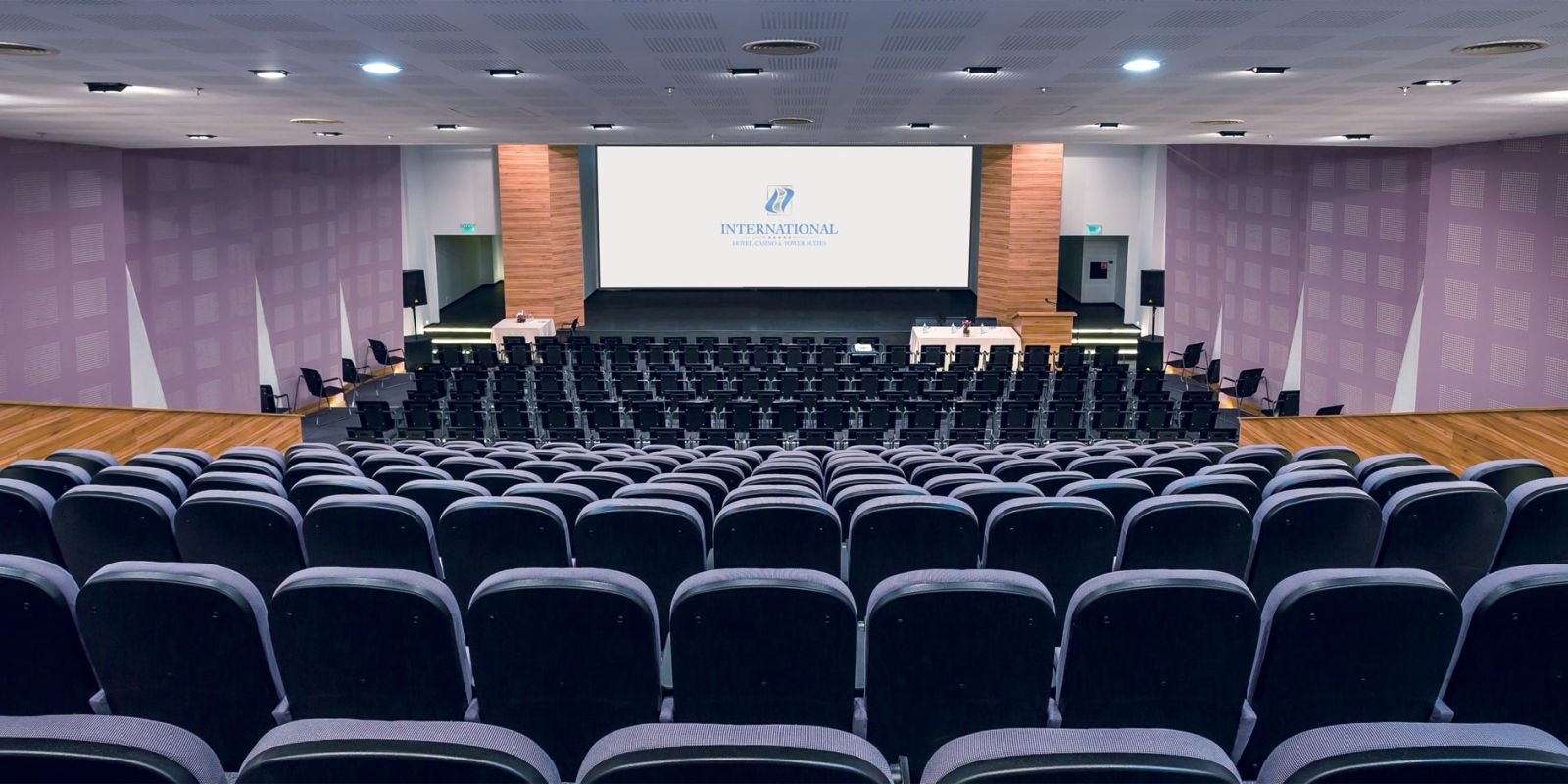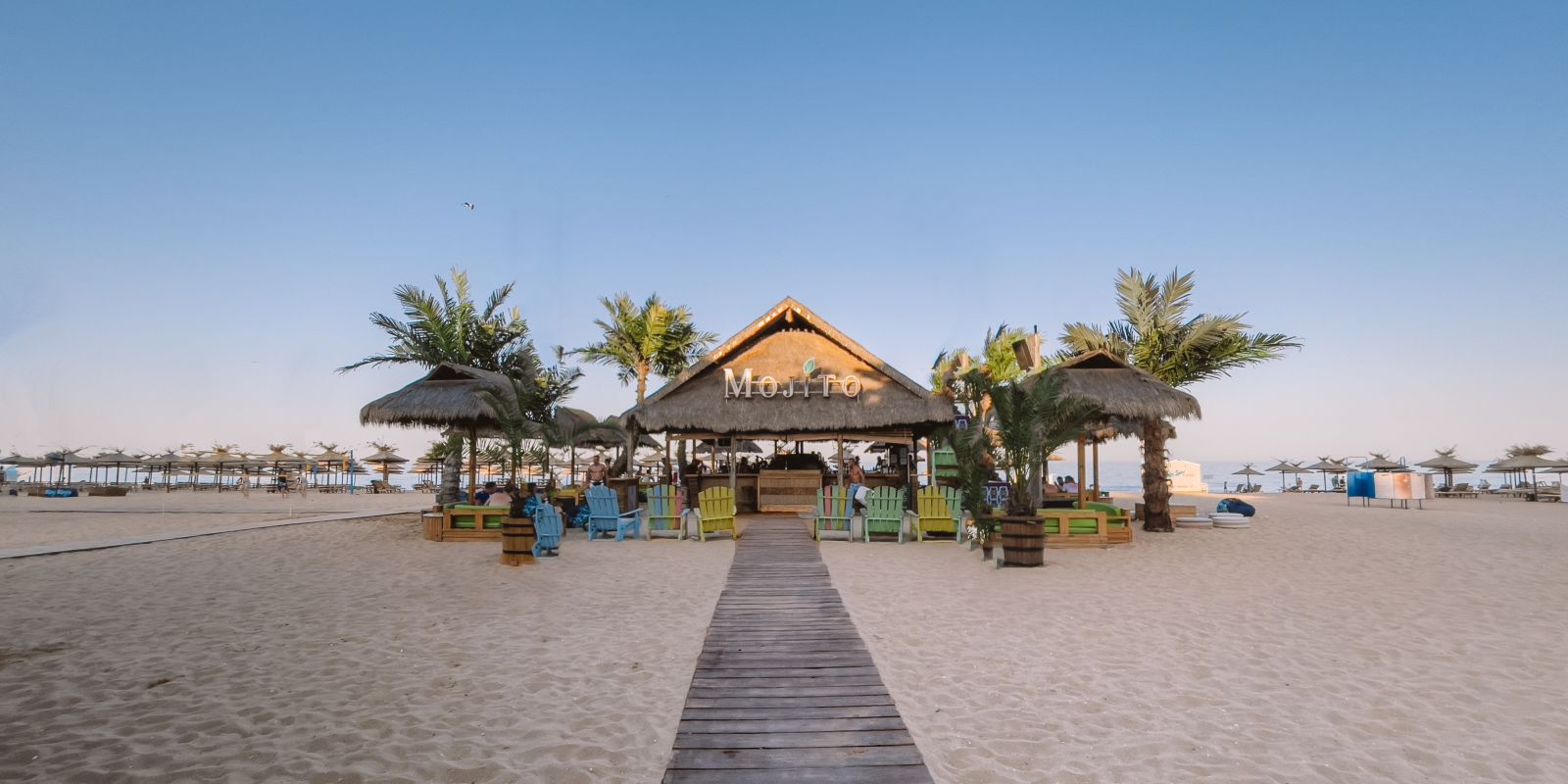EVENT CONCEPT
WHAT IS IT AND WHY IS IT ESSENTIAL TO HAVE ONE?
If you are planning an event, whether it is a conference, a workshop, a festival, or a party, you might have heard of the term "event concept". But what does it mean and why is it so important for your event's success? In this blog post, we will explain what an event concept is, why you need one, and how you can design one for your own event.
WHAT IS AN EVENT CONCEPT?
An event concept is the overarching theme or idea that guides your event planning and execution. It is the core message or purpose that you want to communicate to your attendees, sponsors, partners, and stakeholders. An event concept is not just a catchy slogan or a visual identity, but a coherent and consistent story that connects all the elements of your event, such as the venue, the agenda, the speakers, the entertainment, the catering, the marketing, and the feedback.
THE IMPORTANCE OF HAVING AN EVENT CONCEPT
Having an event concept can help you achieve several benefits for your event, such as:
- It can help you define your event goals and objectives, and measure your success against them.
- It can help you attract and engage your target audience, and create a memorable experience for them.
- It can help you differentiate your event from other similar events in the market, and create a unique brand identity for your event.
- It can help you align your event with your organizational values and mission, and showcase your expertise and credibility.
- It can help you foster collaboration and innovation among your event team and stakeholders, and encourage creative problem-solving.
WHAT ARE THE STEPS TO DESIGNING AN EVENT CONCEPT?
Designing an event concept is not a one-time task, but an iterative process that involves research, brainstorming, testing, and refining. Here are some steps that you can follow to design an effective event concept:
- Start with your event goals and objectives. What are you trying to achieve with your event? Who are you trying to reach? What are their needs and expectations? How do you want them to feel and act after attending your event?
- Conduct a market analysis. What are the current trends and challenges in your industry or sector? What are the best practices and benchmarks for similar events? What are the gaps and opportunities that you can fill or exploit?
- Define your event theme. Based on your goals and market analysis, come up with a central idea or message that summarizes what your event is about. Your theme should be clear, concise, relevant, and appealing to your audience.
- Develop your event story. Expand on your theme by creating a narrative that explains why your event matters, what value it offers, and how it will benefit your attendees. Your story should be compelling, authentic, and consistent throughout your event.
- Choose your event format. Decide on the type, size, duration, location, and budget of your event. Consider how these factors will affect your event concept and vice versa.
- Design your event elements. Based on your format, select the appropriate components that will support your event concept and story. These include the venue, the agenda, the speakers, the entertainment, the catering, the marketing, and the feedback. Make sure that each element is aligned with your concept and adds value to your attendees' experience.
HOW CAN YOU COME UP WITH A CREATIVE EVENT CONCEPT FOR YOUR EVENT?
Creativity is not a gift that only some people have. It is a skill that can be learned and practiced by anyone. Here are some tips that can help you unleash your creativity and come up with a unique event concept for your event:
- Seek inspiration from different sources. Look beyond your industry or sector and explore other fields or domains that interest you. Read books or articles, watch videos or podcasts, attend events or webinars, visit museums or galleries. You never know where you might find a spark of inspiration.
- Use brainstorming techniques. There are many methods that can help you generate ideas quickly and freely without judging them. Some examples are mind mapping, SCAMPER (Substitute, Combine, Adapt, /Modify/Minify/Put to another use/Eliminate/Rearrange), SWOT (Strengths/Weaknesses/Opportunities/Threats), Six Thinking Hats (White/Factual/Yellow/Optimistic/Green/Creative/Red/Emotional/Black/Critical/Blue/Organizing), etc.
- Involve others in the process. Creativity is often enhanced by collaboration and diversity. Invite other people from different backgrounds or perspectives to join your brainstorming session. Ask for their opinions, feedback, or suggestions. You might discover new insights or perspectives that you would not have thought of by yourself.
- Experiment and prototype. Don't be afraid to try out your ideas and see how they work in practice. Create mock-ups or models of your event concept and test them with your potential attendees or stakeholders. Gather their reactions, comments, or criticisms. Learn from your failures and successes and improve your concept accordingly.
THE BOTTOM LINE
An event concept is more than just a catchy slogan or a visual identity. It is the core message or purpose that you want to communicate to your attendees, sponsors, partners, and stakeholders. It is the coherent and consistent story that connects all the elements of your event, such as the venue, the agenda, the speakers, the entertainment, the catering, the marketing, and the feedback. Having an event concept can help you achieve several benefits for your event, such as defining your goals and objectives, attracting and engaging your target audience, differentiating your event from others, aligning your event with your organizational values and mission, and fostering collaboration and innovation among your event team and stakeholders. Designing an event concept is not a one-time task, but an iterative process that involves research, brainstorming, testing, and refining. You can use various techniques and tools to help you come up with a creative event concept for your event, such as seeking inspiration from different sources, using brainstorming techniques, involving others in the process, and experimenting and prototyping. By following these steps and tips, you can create an effective and unique event concept that will make your event stand out and succeed.

Bellini Ballroom
Blog widget
Posts
- Discover The Wonders of Bulgaria
-
Meet Bulgaria’s leading tourism destinations and unlock hot travel opportunities for your clients.
- The Fascinating History of Slot Machines: From Fruit Symbols to Lucky Sevens
-
Learn why slot machines use these symbols
- Easter in Bulgaria 2024: Traditions and the INTERNATIONAL Hotel & Casino Offer
-
Learn more about the Easter traditions in Bulgaria.
- Casino Thrills: A Guide to Gaming at International Hotel Casino & Tower Suites
-
Discover the Excitement: Inside the 24/7 Gaming Experience at International Hotel Casino & Tower Suites
- EVENT CONCEPT
-
But what does it mean and why is it so important for your event's success?
- Best clubs and bars in Golden Sands
-
Golden Sands, Bulgaria is a popular tourist destination known for its stunning beaches, crystal-clear waters, and vibrant nightlife.










